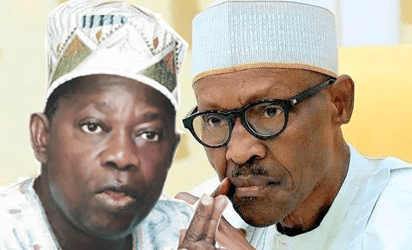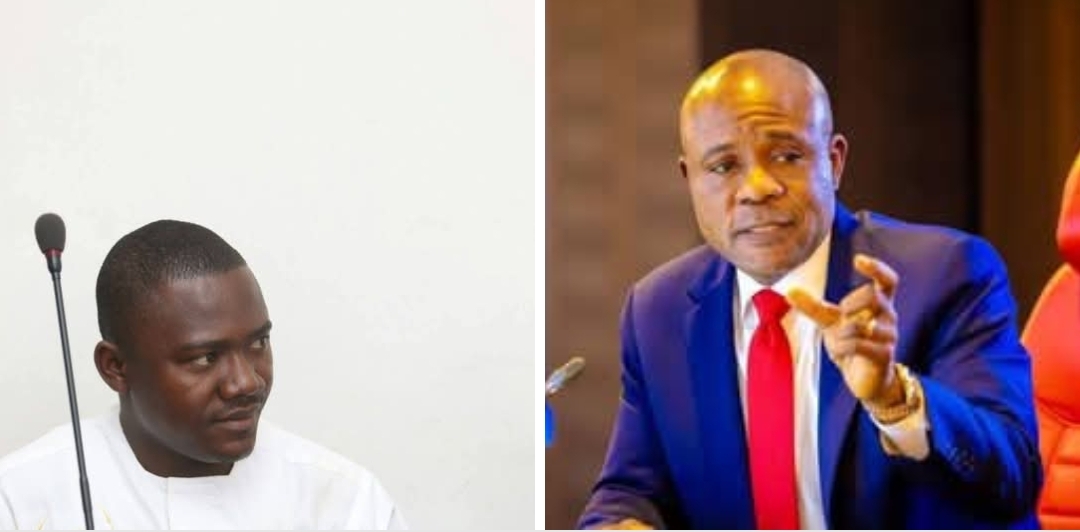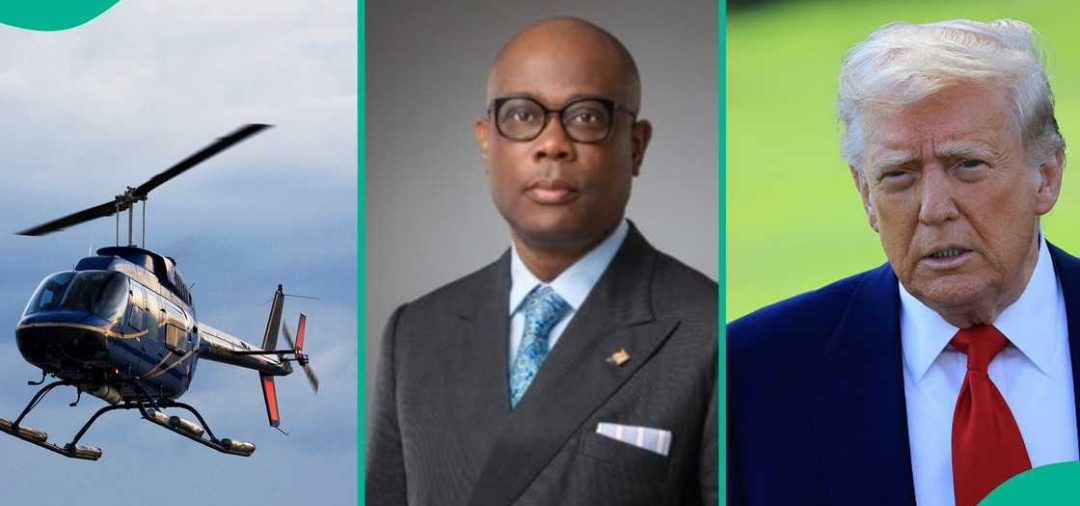 For the past 18 years, Nigerians have been celebrating May 29 as Democracy Day. That was the date when, for the second time in our history, an elected civilian administration took over from a military government. The first time this happened was on October 1, 1979.
For the past 18 years, Nigerians have been celebrating May 29 as Democracy Day. That was the date when, for the second time in our history, an elected civilian administration took over from a military government. The first time this happened was on October 1, 1979.
But in the view of Nigerians, as shared by this administration, June 12, 1993, is far more symbolic of Democracy in the Nigerian context than May 29 or, even, October 1.
June 12, 1993, was the day when millions of Nigerians expressed their democratic will in what was without dispute the freest, fairest and most peaceful election since our Independence. That the outcome of that election was not upheld by the then military government does not diminish the democratic credentials of that process.
Following his momentous announcement, President Muhammadu Buhari, accordingly, after ‘due consultations’, said: “the Federal Government has decided that, henceforth, June 12 will be celebrated as Democracy Day”.
The question of primary interest to us here concerns the legal aspects of the president’s declaration which raises three intricate issues, vis-a-vis whether what he calls the “cancellation of the June 12 election” by the then military government is legally binding on him and Nigerians generally or, putting it differently, whether as president he has the power or competence to overturn or disregard the cancellation without an Act of the National Assembly repealing it; (b) the legal effects of the cancellation and (c) whether the President’s June 6, 2018 declaration does not require, as a condition for its effectiveness in law, that the results of the June 12, 1993 election should have been officially announced and Chief Abiola officially declared winner.
That a presidential election held on June 12, 1993, is as undisputable as the election being, as a matter both of fact and law, annulled by a decree of the Federal Military Government (FMG), Decree No. 61 of 1993. The binding force or, rather, the supremacy of decrees of the government has a history, which it is appropriate to recall here.
To paraphrase Prof. Ben Nwabueze (SAN); “the issue of the binding force or supremacy of decrees was settled with finality 48 years ago by the Federal Military Government (Supremacy and Enforcement of Powers) Decree of 1970 re-enacted by Decree 13 of 1984 made by Gen. Muhammadu Buhari as the then head of the FMG (he, Gen. Buhari, enacted 37 decrees during his one-year rule in 1984 as head of the FMG)”. Even the 1999 Constitution from which he derives his authority as president to make the June 6 Declaration is the product of a decree – Decree 24 of 1999 – to which that constitution is tied. The 1999 Constitution itself, in its section 315(4d), recognises the annulment Decree 61 of 1993 as an existing law. So, President Buhari has no moral right or justification to disregard or disdain Decree 61 of 1993 or to do things as he pleases, as if that law does not exist. Of the two cardinal principles of governance, the rule of law is more fundamental and overriding, since the justice talked about is justice according to law.










